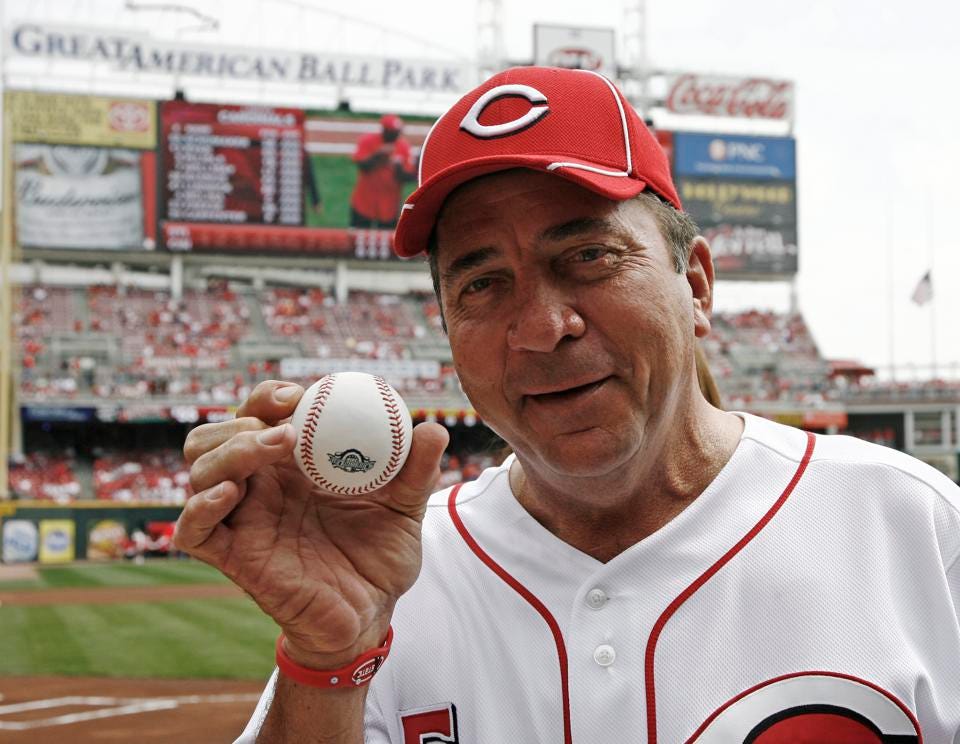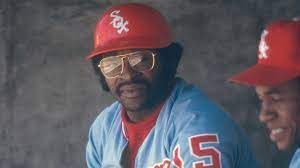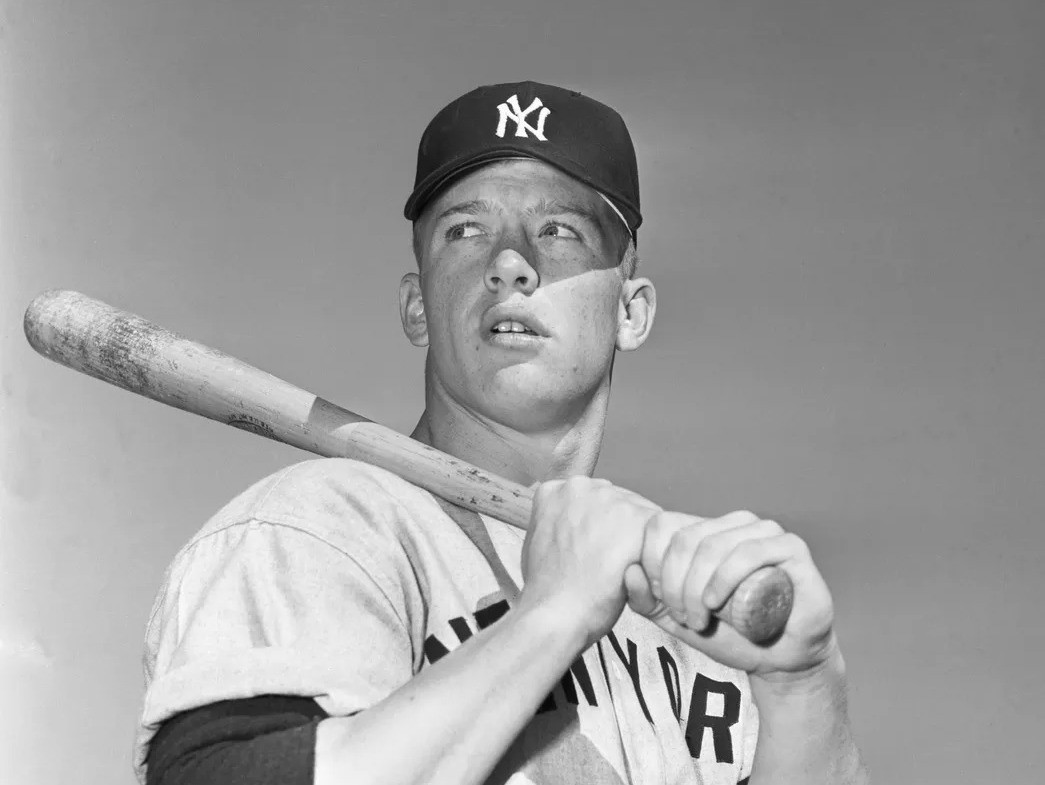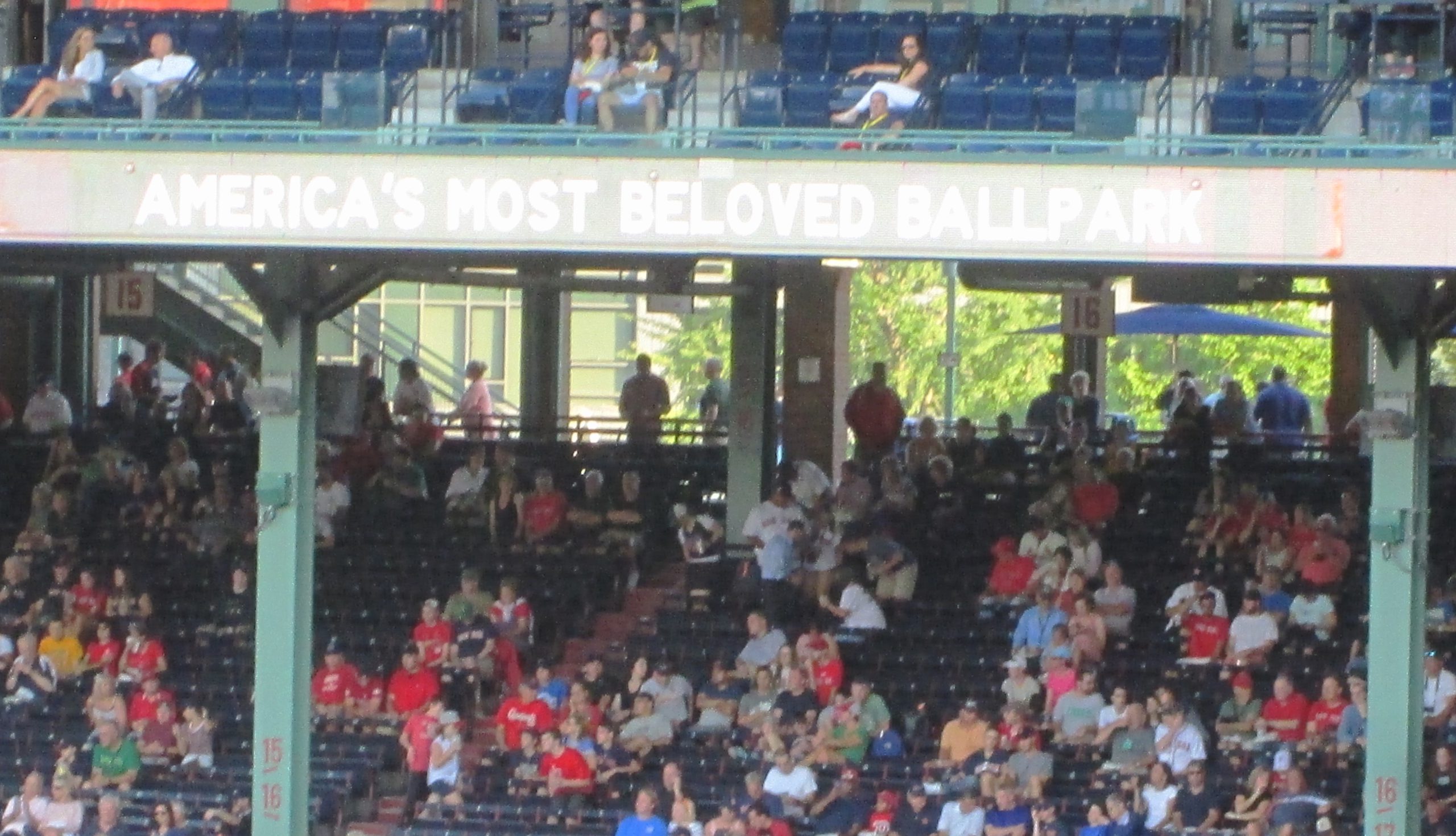Today we discuss six players that should be in the National Baseball Hall of Fame – but are not.
One of the best-hitting catchers in history, Ted Simmons, was overshadowed by his contemporary, the great Johnny Bench. An eight-time All-Star and 1980 Silver Slugger Award winner, the switch-hitting Simmons batted .300 or better seven times. He belted homers from both sides of the plate in the same game three times, and established a since-broken National League record for homers by a switch-hitter. A superb defender, Simmons had a .986 lifetime fielding percentage, caught two no-hitters, and called 122 shutouts from behind the plate. Simmons held MLB records for catchers with 2,472 career hits and 483 doubles, since broken by Ivan Rodriguez. He ranks second all-time among catchers with 1,389 RBI and is tenth in homers, with 248. Baseball historian and statistician, Bill James, ranked Ted Simmons the tenth-best catcher of all time.
Roger Maris broke the most hallowed record in baseball in 1961, when he blasted 61 home runs to surpass the single-season mark set by Babe Ruth in 1927. A seven-time All-Star and two-time league MVP, Maris played in seven World Series in the 1960s, more than any other player. Between 1960 and 1962, Maris belted 133 homers, a better three-year span than Hank Aaron, Ted Williams or Mickey Mantle ever had in their hall-of-fame careers. From 1957 to 1968, only nine players had more home runs and only a dozen had more RBI than Maris. An extraordinary athlete and five-tool player, Maris hit 42 career triples and had a career fielding percentage of .9834. Maris, whom Mantle called “the best all-around baseball player I ever saw,” committed only 49 errors in his career. Roberto Clemente committed 142, while Willie Mays had 156.
Mike Mussina, who celebrates his 49th birthday today, was a high-quality pitcher for nearly two decades. He won 270 games over 18 big league seasons, pitching 3,560 innings. Playing in the powerful AL East during the Steroid Era, Mussina compiled a 3.68 ERA while pitching in hitter-friendly ballparks. Moose won at least 11 games in 17 consecutive seasons – an American League record – and led the majors in wins in 1995. A seven-time Gold Glove Award winner and five-time All-Star, “Moose” saved his best stuff for the postseason, accruing an ERA of 3.42 in almost 140 innings of work and a WHIP [walks plus hits per inning pitched] of 1.10.
Gil Hodges put his major league career on hold to serve as a Marine in the Pacific Theatre during World War II, where he earned a Bronze Star. The best first baseman in baseball for more than a decade, Hodges is one of only two players [Albert Pujols] to post seven consecutive seasons with at least 23 home runs and 100 RBI. When he retired, his 370 homers ranked 11th all-time. The ten sluggers in front of him and the seven sluggers behind him on the list are all in the Hall of Fame. An eight-time All-Star, Hodges once hit four homers in a single game and belted 14 career grand slams. A war hero and role model, the classy Hodges was a two-time world champion as a player and managed the “Miracle Mets” to one of the greatest upsets in history, winning the 1969 World Series.
A six-time All-Star and four time Gold Glove winner, Alan Trammell played 19 big league seasons, all with the Detroit Tigers. One of the best-hitting shortstops of his era, “Tram” earned three Silver Slugger Awards. Playing in the era of the flashier Ozzie Smith and sturdier Cal Ripken, Trammell hit .300 or better seven times. He finished in the top ten in MVP voting three times and was MVP of the 1984 World Series. Along with teammate Lou Whitaker [who is also is worthy of HOF consideration], Trammell holds the AL record for games played together and the MLB record for most double plays turned by a shortstop-second baseman tandem. Former Tigers manager Sparky Anderson said Trammell won games “with his bat, his glove, his arms, his legs and his heart.” Bill James ranks Alan Trammell the tenth-best shortstop of all time, rating him higher than 14 Hall of Fame shortstops.
Brash and outspoken, Curt Schilling’s arm should have him in the Hall of Fame, but his mouth has kept him out. In 20 seasons, “Schill” went 216-146, with a 3.46 ERA. He retired with 3,116 strikeouts, 15th-most in MLB history, and was one of the gutsiest performers ever to take the mound. Schilling combined a lively fastball and wicked splitter with pinpoint control. Only two pitchers in history have a better strikeout-to-walk ratio. A fierce competitor, Schill was a six-time All-Star and three-time world champion. He led the NL in wins in 2001, the AL in wins in 2004, and twice led the National League in strikeouts. Schilling pitched deep into games he started, including Game 7 of the 2001 World Series, when he was named MVP after leading the Arizona Diamondbacks to the only world championship in franchise history.
Who do you think is the best baseball player not in the Hall of Fame?









